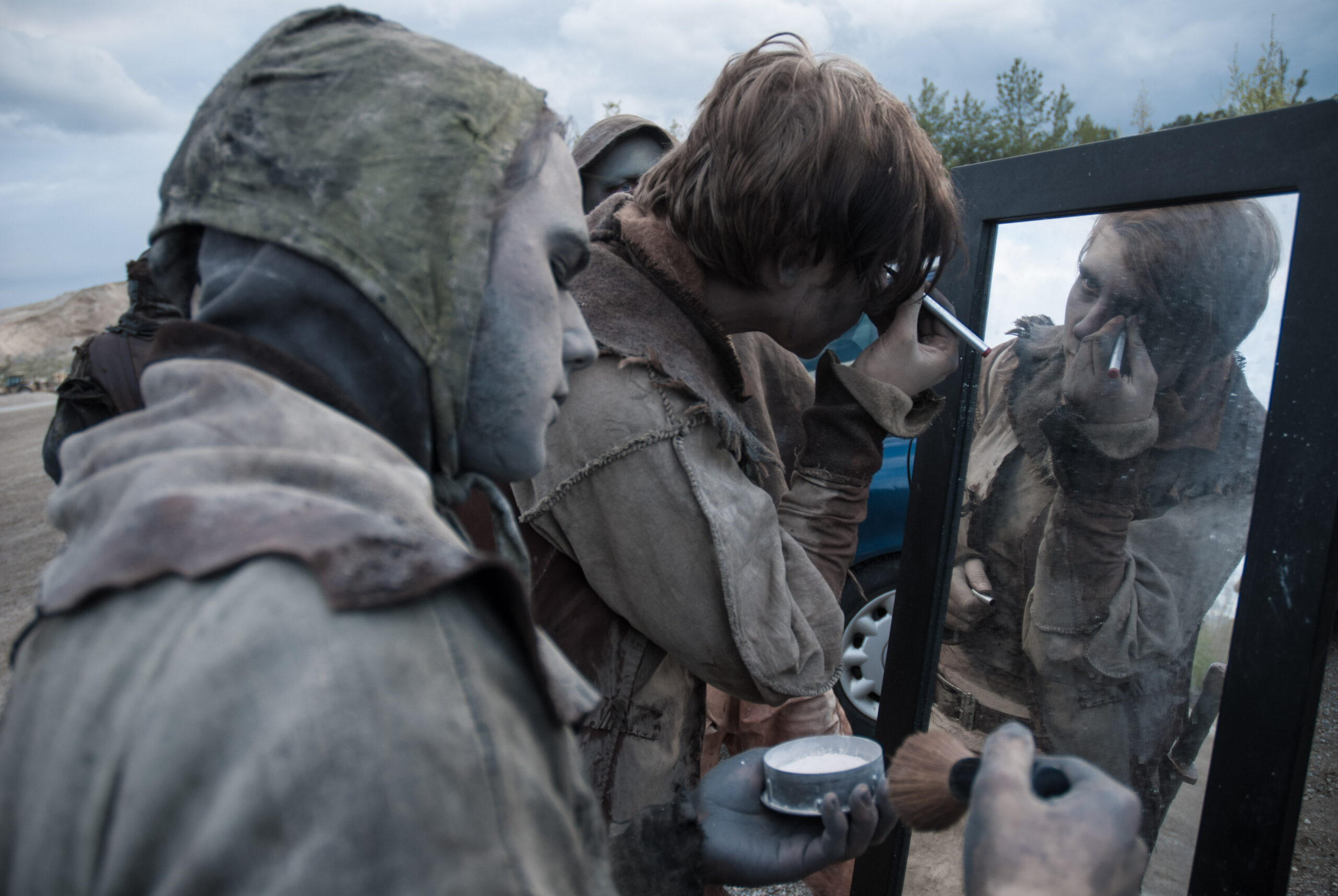Category: Opinion
Disclaimer: The opinions expressed in these texts are those of the authors and do not necessarily reflect the official policy or position of Nordiclarp.org or any larp community at large.
-

I Will Never Larp Again
in
You feel like there’s an invisible wall between you and everyone else. The others are laughing, joking and talking enthusiastically. But you’re not. Couldn’t things just have been different? After all that you invested, nothing has been returned to you; empty heart, empty wallet and lots of time that could have been better spent.
-

We Don’t Abide to the Law of Jante
in
Swedish larper and writer Mia Sand replies to Sanne Harders opinion piece about the culture of the Nordic larp scene.
-

The Law of Jante in Nordic Role-playing
in
The good roleplayers exist, but is our naive egalitarianism scaring them away? A Danish writer, teacher and game designer takes a closer look.